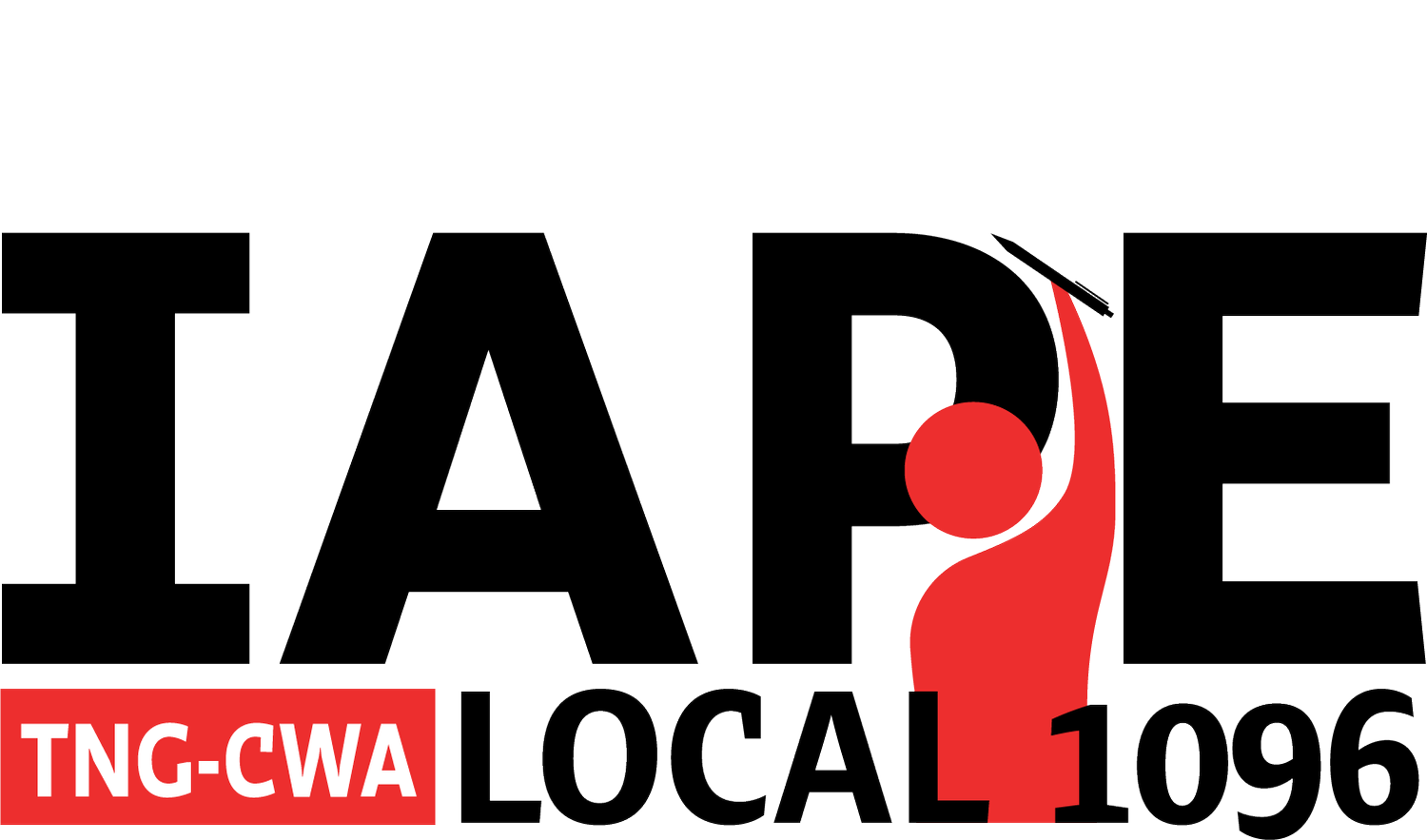Session 10: Health Care, Cont.
/In the second discussion of health care and benefits, IAPE presented company representatives with our analysis of the steady cost increases our members have absorbed in recent years as we argued for more certainty—and limits—on hikes going forward.
The union and company have some distance between our views on what is an acceptable level of cost sharing for employees, and we held our position that our next contract include specific parameters on how much the company can raise premiums, co-pays, co-insurance, deductibles and out-of-pocket maximums.
We understand that the company needs flexibility, but we don’t think that should result in an erosion of wages or mean unpredictable increases every year for IAPE members.
Overall, we had a productive discussion with company representatives and expect there will be at least one more discussion on benefits before we are able to reach a deal.
And a reminder on wage increases: we are still negotiating the level of the annual raises guaranteed in our contract and are awaiting a response to our initial proposal for 4% raises. In past years, the company has paid the negotiated raise retroactive to July 1 after we settle the agreement, and we appreciate your patience and support as we continue to fight for a contract that offers meaningful protections for our members.

